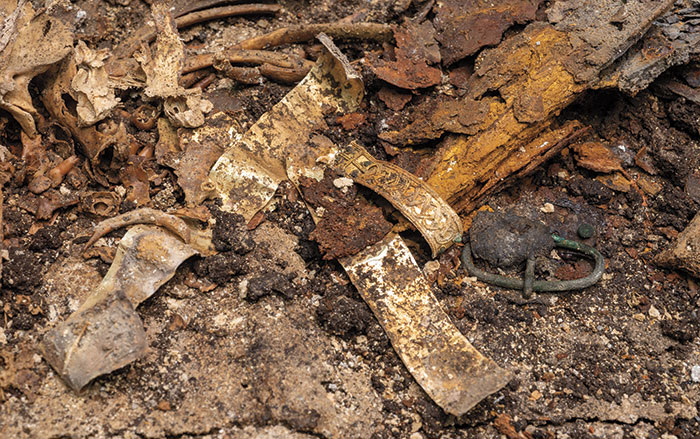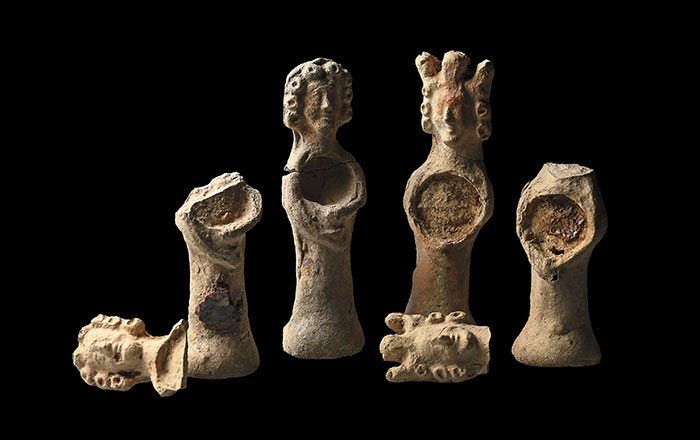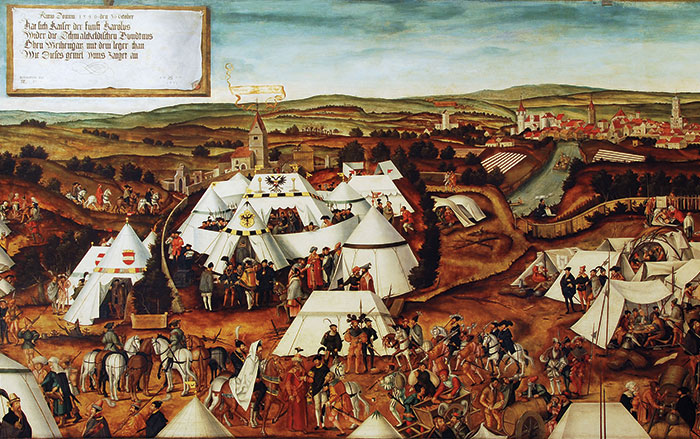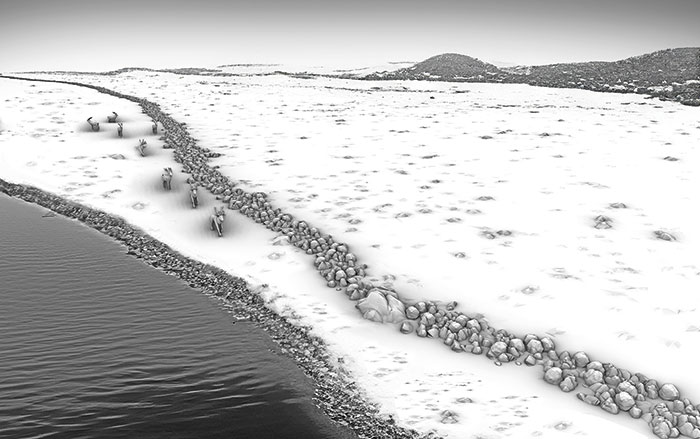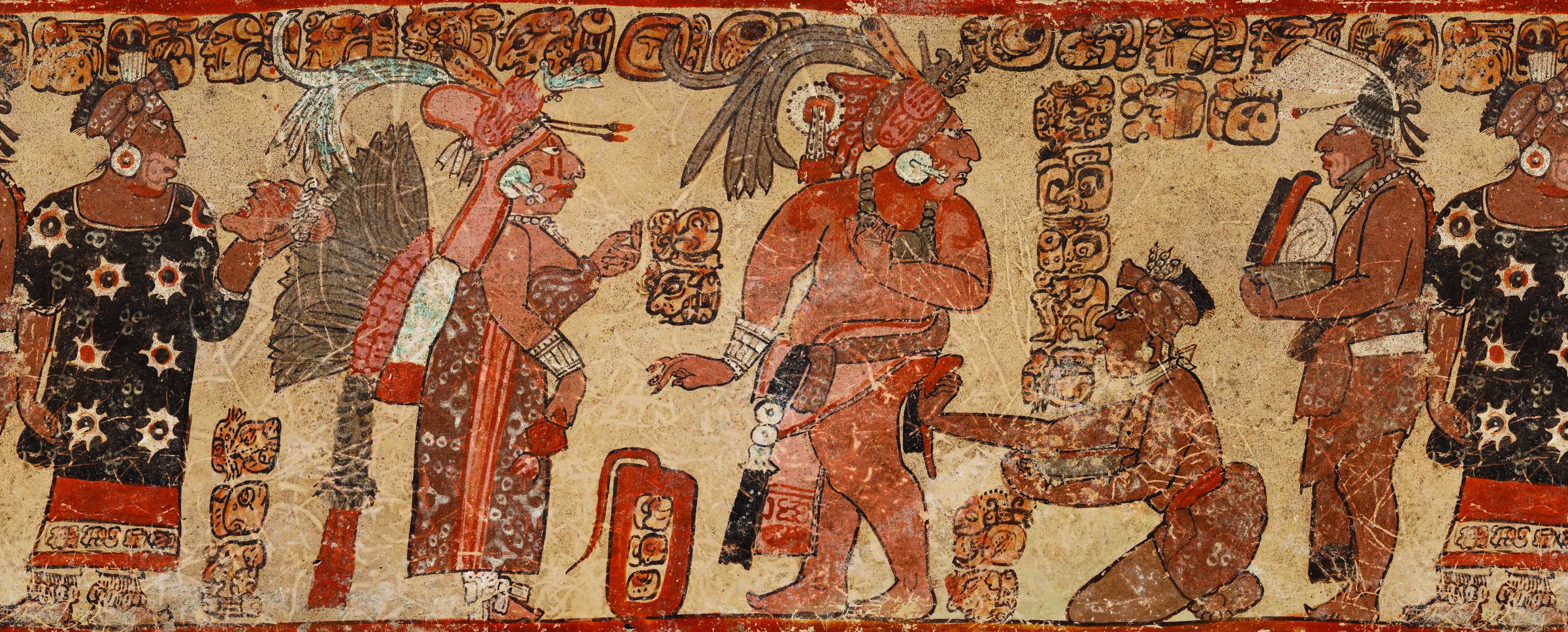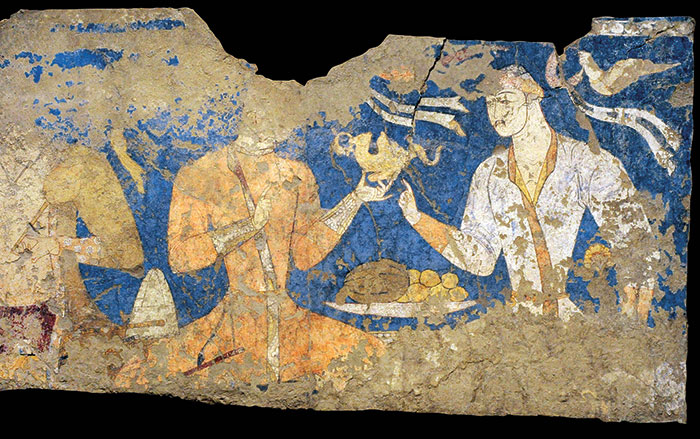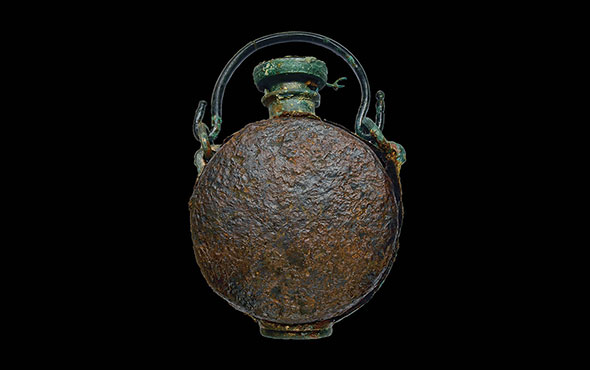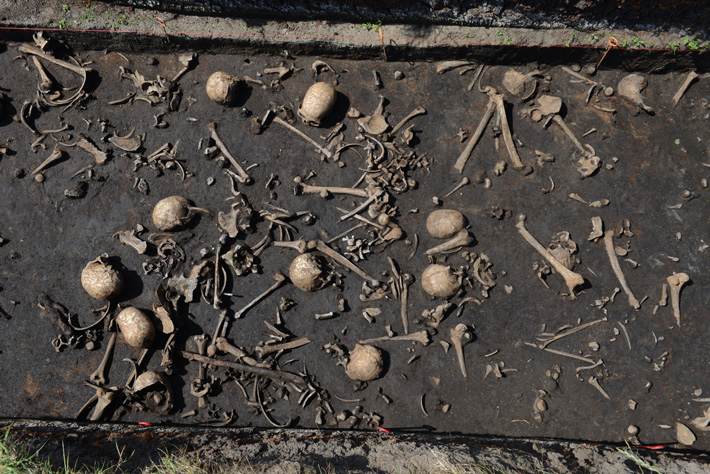
MAINZ, GERMANY—According to a statement released by Johannes Gutenberg University of Mainz, a team of researchers has analyzed genomes obtained from the remains of more than 100 people all thought to have been warriors killed in combat during the same battle around 1200 B.C. and buried near the banks of the Tollense River in northern Germany. The study found that only about one in eight of the dead were able to digest the lactose in milk, some 4,000 years after dairy farming had been introduced to Europe. Population geneticist Joachim Burger said that people who live in the region today have genomes largely similar to those buried along the Tollense River, but about 90 percent of them are able to digest milk sugar. Daniel Wegmann of the University of Fribourg said that for such a change to have taken place in just 3,000 years, lactase-persistent individuals must have had more children, or their children must have had a better chance of survival than those who did not carry the genetic adaptation. Burger explained that milk provides energy, and could be less contaminated than drinking water, which may have been a decisive factor in the survival of young children after they were weaned from mother’s milk. For more on the battle and the combatants' origins, go to "World Roundup: Germany."


